
Wintershall IPO likely in H2 2020, BASF says
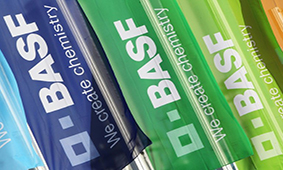
Company sees 2020 start-up for Finnish EV battery site
Rhine levels hampering industrial production at Ludwigshafen
The merger should create Eur200 million (about $227 million) per year in synergies, he added.
As a result of the merger, the subsidiary's operations would be classified as discontinued operations and not included in BASF's quarterly reporting he noted.
In September 27, 2018, BASF signed a transaction agreement with LetterOne to merge their respective oil and gas businesses, Wintershall and DEA, into a joint venture.
It will operate under the name Wintershall DEA. The merger will create the leading Germany-based independent company in the European oil and gas sector, with plans to increase its daily worldwide production from the current total of around 575,000 b/d of oil equivalent to 800,000 boe/d over the next three to five years. Around a quarter of the production would come from Norway.
In the electric power sector, BASF also elaborated Friday on plans to start up a new battery site for electric vehicles in Finland by late 2020.
The plant, at Harjavalta, will be able to supply batteries for 300,000 electric vehciles per year, with a deal signed with the nearby metal refinery owned by Nornickel, which will supply raw materials nickel and cobalt to the new plant, according to the company.
BASF has revised down its forecast for industrial production for the full year to 3.1% growth from 3.2% growth, amid a slowdown in the auto industry, which is a main consumer of its chemicals and other products.
"The introduction of new emission standards had an impact in Europe. The effects of the trade conflict between the United States and China are also showing. This is leading to a slowdown in economic growth in Asia in particular, mainly in China," the company noted.
Besides demand, supply from the Ludwigshafen chemical and manufacturing hub has been impacted in recent months due to record low levels of the river Rhine and the "severe" impact is seen continuing into next month, Brudermuller said.
"The cracker at Ludwigshafen is currently running at 60%," Brudermuller told analysts on a conference call Friday.
This decline would translate to lower energy demand in terms of gas and power into the affected plants.
Energy-industries represent around one fourth of Germany's final energy demand, according to industry association Verband der Chemischen Industrie.

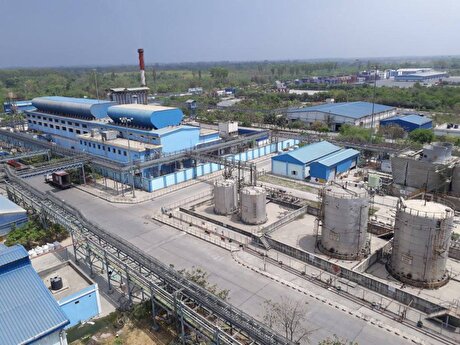
Hindustan Zinc to invest $438 million to build reprocessing plant

Gold price edges up as market awaits Fed minutes, Powell speech

Glencore trader who led ill-fated battery recycling push to exit

UBS lifts 2026 gold forecasts on US macro risks

Emirates Global Aluminium unit to exit Guinea after mine seized

Roshel, Swebor partner to produce ballistic-grade steel in Canada

Iron ore price dips on China blast furnace cuts, US trade restrictions
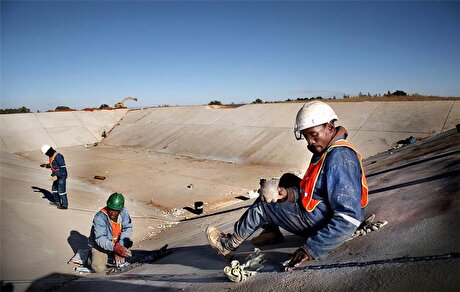
South Africa mining lobby gives draft law feedback with concerns

EverMetal launches US-based critical metals recycling platform

Barrick’s Reko Diq in line for $410M ADB backing

Gold price gains 1% as Powell gives dovish signal

Electra converts debt, launches $30M raise to jumpstart stalled cobalt refinery

Gold boom drives rising costs for Aussie producers
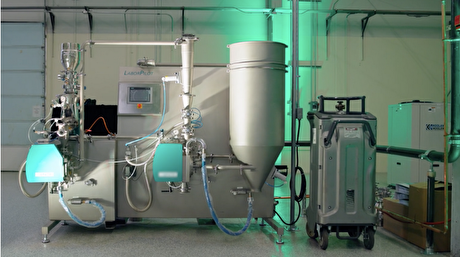
Vulcan Elements enters US rare earth magnet manufacturing race

Trump raises stakes over Resolution Copper project with BHP, Rio Tinto CEOs at White House
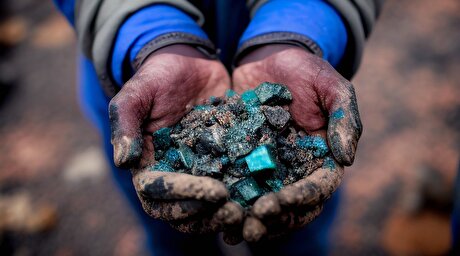
US seeks to stockpile cobalt for first time in decades

Trump weighs using $2 billion in CHIPS Act funding for critical minerals

Nevada army depot to serve as base for first US strategic minerals stockpile

Emirates Global Aluminium unit to exit Guinea after mine seized

Barrick’s Reko Diq in line for $410M ADB backing

Gold price gains 1% as Powell gives dovish signal

Electra converts debt, launches $30M raise to jumpstart stalled cobalt refinery

Gold boom drives rising costs for Aussie producers

Vulcan Elements enters US rare earth magnet manufacturing race

US seeks to stockpile cobalt for first time in decades

Trump weighs using $2 billion in CHIPS Act funding for critical minerals

Nevada army depot to serve as base for first US strategic minerals stockpile

Tailings could meet much of US critical mineral demand – study
















